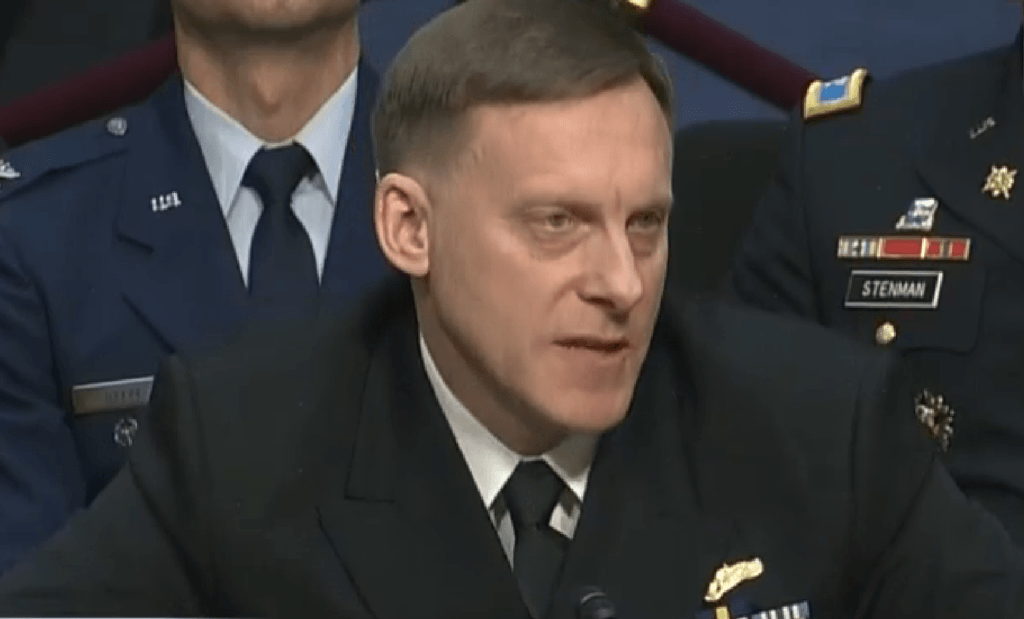NSA also kept memos of Donald Trump’s attempts at obstructing justice in Russia investigation

Former FBI Director James Comey is now receiving corroboration for his assertion, documented in his memos at the time, that Donald Trump had tried to obstruct justice in the FBI’s Russia investigation. It turns out Trump also leaned on two other top U.S. intel leaders to intefere with the investigation in other ways – both of whom rebuffed him – and one of those agencies documented Trump’s attempt at obstructing justice in memos of its own.
That’s the word from the Washington Post tonight, which reveals that after Comey publicly testified that there was an active FBI investigation into the Trump campaign, Trump himself reached out to Director of National Intelligence Daniel Coates and NSA Director Mike Rogers (link), asking them both to push back against Comey. This seemed destined to backfire, as Rogers had been sitting next to Comey at the time Comey publicly confirmed the investigation.
Sure enough, no one involved was willing to cooperate with Trump’s request that justice be obstructed. But the NSA took things even further, writing memos detailing the incident. This strongly backs up, both in legal terms and in the court of public opinion, Comey’s assertion in his own memos that Trump asked for justice to be obstructed – as it represents a pattern of behavior on Trump’s part.
It’s almost stunning to believe that Trump thought he could convince Rogers to break the law in the name of sabotaging Comey. And yet that’s precisely what happened. It’s worth pointing out that when Richard Nixon resigned under pressure, the Articles of Impeachment being crafted against him were focused not on his Watergate crimes, but on obstruction of justice for having tried to impede the investigation into Watergate.
